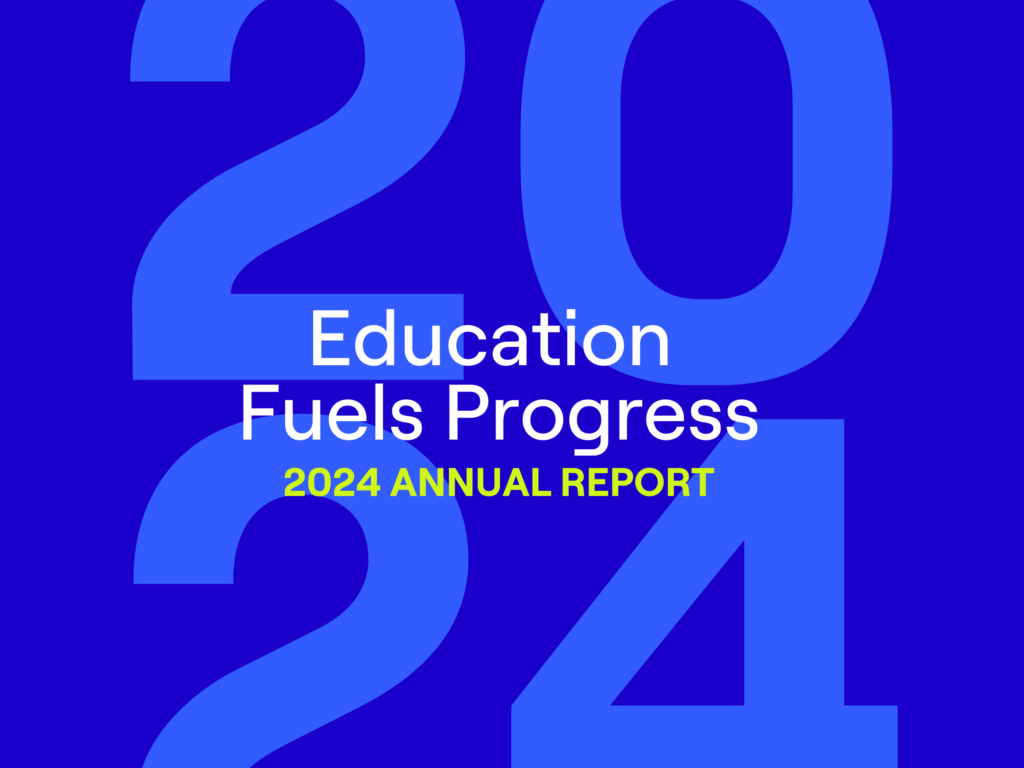The first step toward improving public education is to deepen our understanding of the diverse needs and preferences of its most important stakeholders: the parents and students it is intended to serve, as well as the educators at the heart of the institution.
In this paper – written for the American Enterprise Institute conference “More Than Just Schools: Rethinking the Demand for Educational Entrepreneurship” – we call for a new mindset in public education that we call “responsive supply.” This mindset not only acknowledges the diversity of needs and preferences among education’s central stakeholders, it also seeks to harness that knowledge to develop a variety of educational options anchored in these differences. This approach has the potential to dramatically improve public education by enhancing satisfaction, increasing student achievement levels, and improving the productivity of educators, programs, schools and school systems. Existing providers of education could use this kind of approach to adjust their work, and this information can also encourage a new crop of education entrepreneurs to address more richly defined market niches.
The road toward such responsive supply in public education begins with a serious commitment to placing students, parents and educators at the center of our efforts, and making a significant investment in what the business community calls “market segmentation.” This technique consists of gathering detailed data and information about the characteristics, needs and preferences of those on the receiving end of schooling, which can then inform decisions about whether to address the resulting groups in a homogenous way, to differentiate approaches according to the needs of different groups, or even to tailor methods for reaching individuals. Without detailed information, we tend too often to make sweeping assumptions about what people want or need, defer to ideology or intuition, and end up with suppliers who unknowingly waste valuable time, money, and energy – not to mention frustrated consumers who don’t get the products, services, or outcomes they’re hoping for.
This paper explains the concept of market segmentation as a foundation for understanding the demand side of education, before turning toward an exploration of how these principles could advance responsive supply in three areas: in breaking up the current one-size-fits-all mentality that pervades the human capital market, in furthering the diversity of public school options, and in pioneering ways to deconstruct and recombine the various elements of schooling in ways that are tailored to individual students. Ultimately, we make the case for a more open acceptance of the differences among students, parents and educators – and for redesigning our systems to explicitly account for and address those differences.


